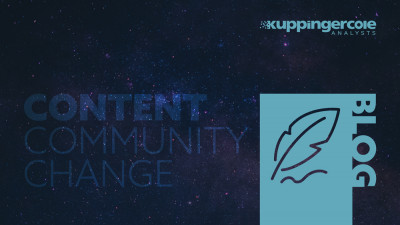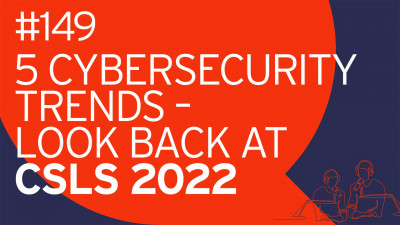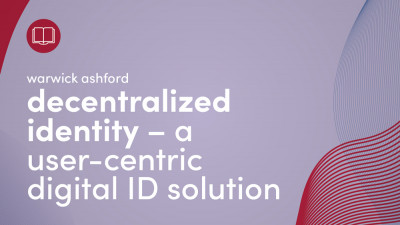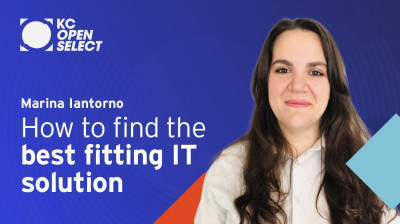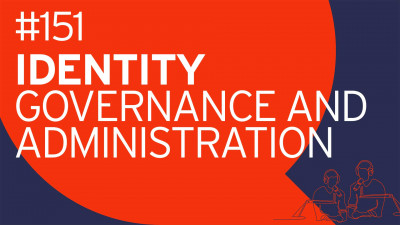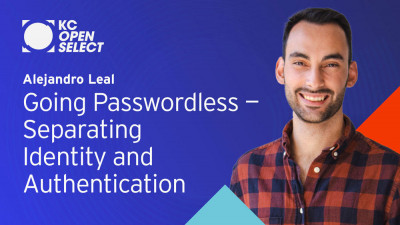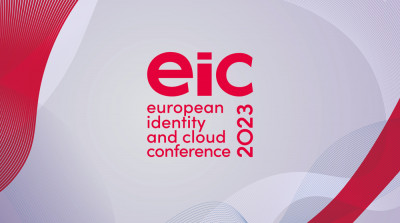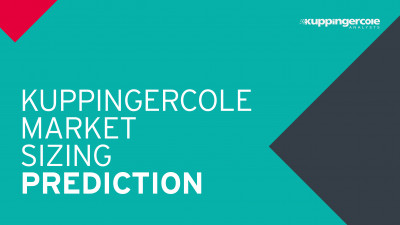1 Executive Summary
The healthcare sector is positioned in a complex landscape of highly innovative research on patient care and treatments, continually streamlined business operations, social and economic pressures, and current events. New trends are revealing themselves in this pressure chamber: precision health that is marked by self-serve and data-driven predictions will become more common, there will be more access to interoperable data, diagnostic services in particular will become more accessible and less costly, and emerging technologies such as artificial intelligence (AI), blockchain, IoT, and digital identity may accelerate these trends.
AI-based products can be found in four categories: Community Health Initiatives, Image Classification-Assisted Diagnosis, AI-Powered Analytics for Improving Clinical Workflows, and AI-Powered Analytics for Hospital Management. AI can be highly suitable in products that improve patient care and improve hospital workflows and can be a strong data processing tool to leverage data-driven insights across the sector.
Blockchain has the potential to help the healthcare industry become more patient-centric and operate less in institutional silos. By using the immutable ledger to anchor key points of information, use cases like verifying the identities of medical personnel and streamlining supply chains can be possible. Particularly relevant to enabling mobility and revitalization of business post-COVID19 will be sharing Verified Credentials of vaccine receipt or of negative COVID tests.
IoT in healthcare is generally highly accepted, with several popular commercial products such as fitness watches being viewed as “normal”. IoT in healthcare is typically broken into a few categories, such as wearable sensors, implantable sensors, and ambient sensors. The potential to improve the quality of care and preventative action for certain conditions is very high, as well as to reshape the self-service health experience.
Digital identity is the next logical step in the digital transformation of this sector. It will unlock wider patient access to health services and improve the efficiency of hospital workflows. Blockchain may be used as an architecture to provide digital identity, but is not required. AI will play only a minor role, and the many medical IoT devices will be a consumer of digital identity solutions.
This Advisory Note will delve into more detail on the upcoming trends in the healthcare sector, provide an overview of how emerging technologies are impacting this industry and their suitable use cases, and give recommendations on how the industry can prepare for the coming changes.
